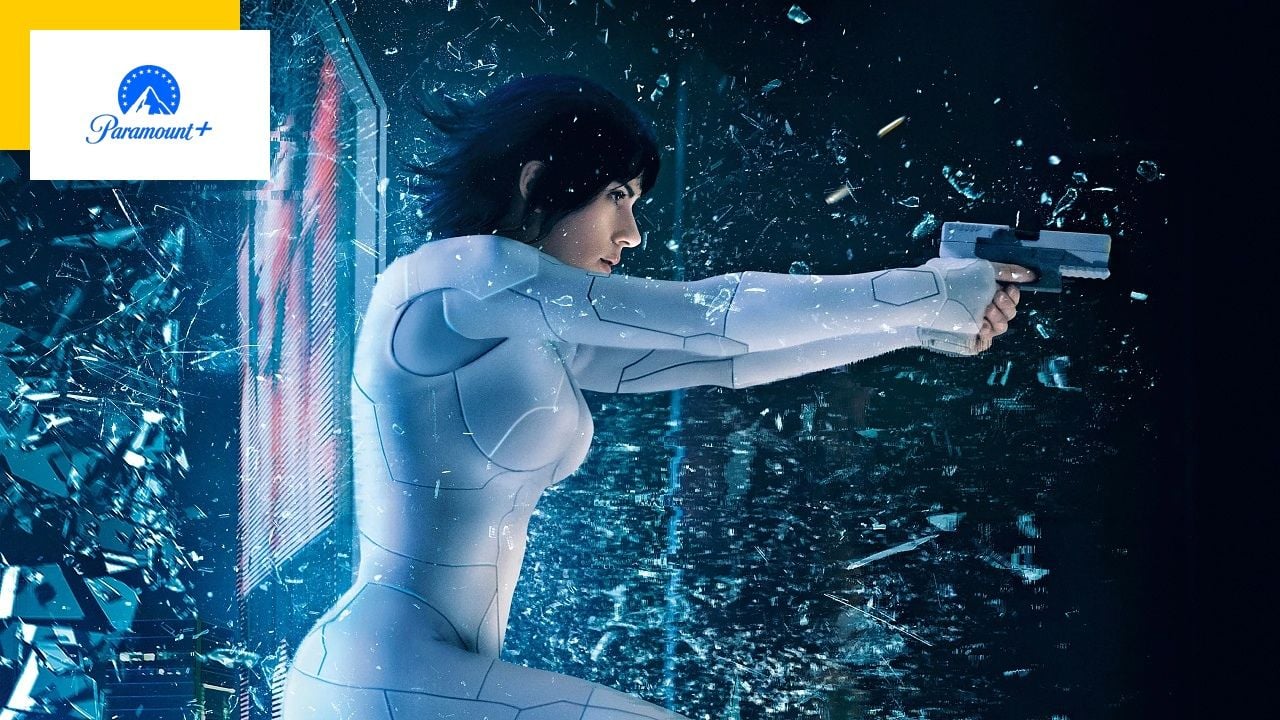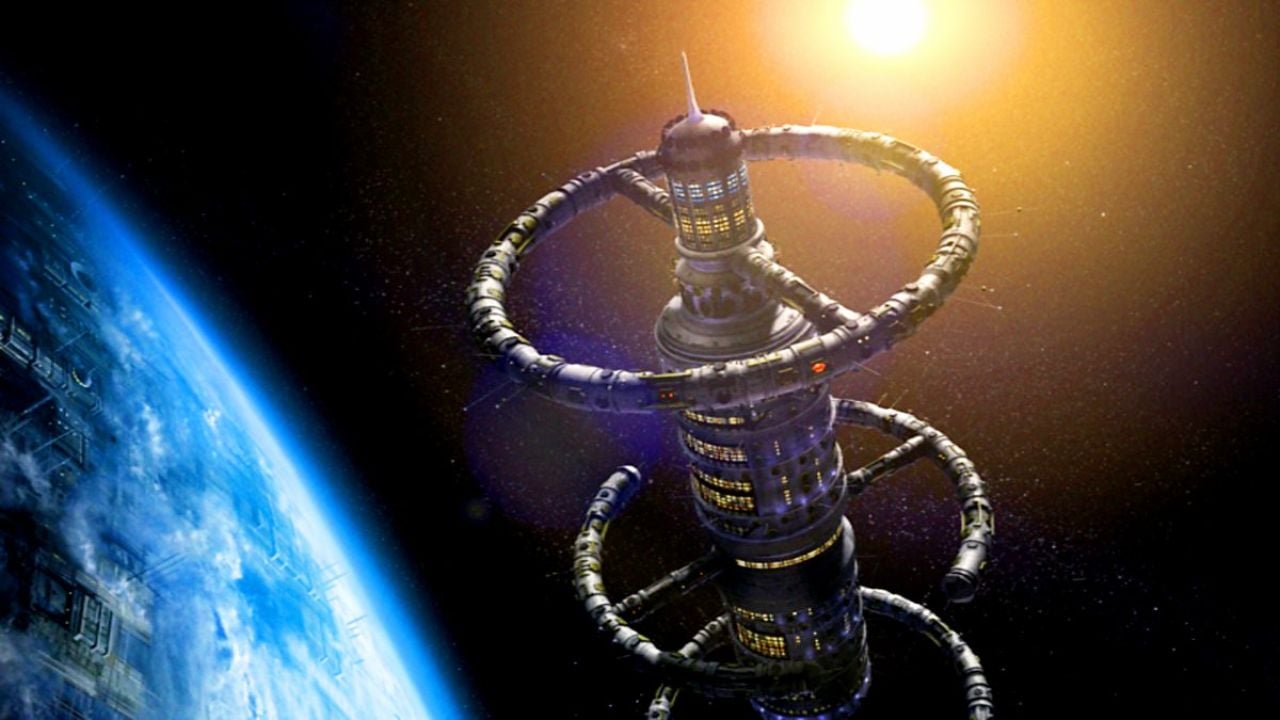If Ghost in the Shell is remembered, it’s not because it’s a 2017 film, but because of the controversy it created revolving around its protagonist’s ethnicity. And yet, as Espinov recalls, this position was not shared by the director of the original animated film, who believed that Scarlett Johansson was “the best choice”.
1995’s Ghost in the Shell is an undisputed classic sci-fi anime. This was the first of many adaptations of Masamune Shirou’s manga, and it was expected that one of them would be Hollywood sooner or later.
Rupert Sanders (Snow White and the Huntsman) rose to the challenge in 2017 with his live-action film starring Scarlett Johansson. At the time, the film grossed just $169 million worldwide, barely exceeding its budget and closing the door on its potential to become a successful franchise.
Therefore, this feature did not go down in history as the ambitious blockbuster it should have been, but rather because of the controversy surrounding the change of ethnicity and the “whitewashing” of Motoko Kusanagi, the main character. However, the director of the 1995 film, Mamoru Oshii, stated in an interview with IGN that he had no problem casting a non-Asian actor when the film was released:
What could be the problem with his casting? Major is a cyborg and his physical form is entirely fictional. Motoko Kusanagi’s name and current body are not her original name and body, so there is no reason to say that an Asian actress should portray her. Even if his original body (assuming there was such a thing) was Japanese, it still worked.
He then cited numerous instances of white actors playing roles of other nationalities, a controversial stance he believes is part of the film world.
In the movies, John Wayne can play Genghis Khan, and Omar Sharif, an Arab, can play Dr. Zhivago, a Slav. These are just cinematic conventions. If that’s not allowed, then Darth Vader probably shouldn’t even speak English.
“I think Scarlett playing Motoko was the best casting for this movie. I only sense a political motive in people who oppose it and I believe that artistic expression should be free from politics.he added.
Even before seeing the film, Mamoru Oshii defended Rupert Sanders’ creative freedom: for him, a live-action adaptation didn’t have to strictly respect everything described in his animated film. “If it’s going to be an anime remake, I don’t think it’s necessary to stay true to how it was expressed in the anime. The director must use his freedom of direction as much as possible. If it doesn’t, there’s no point in doing a remake.“
Ghost in the Shell (2017) is available to stream on Paramount+. The original animated film, meanwhile, is a must-see on Amazon Prime Video.
Source: Allocine
Rose James is a Gossipify movie and series reviewer known for her in-depth analysis and unique perspective on the latest releases. With a background in film studies, she provides engaging and informative reviews, and keeps readers up to date with industry trends and emerging talents.







